The Next Papal Election: Exploring Potential Successors To Pope Francis
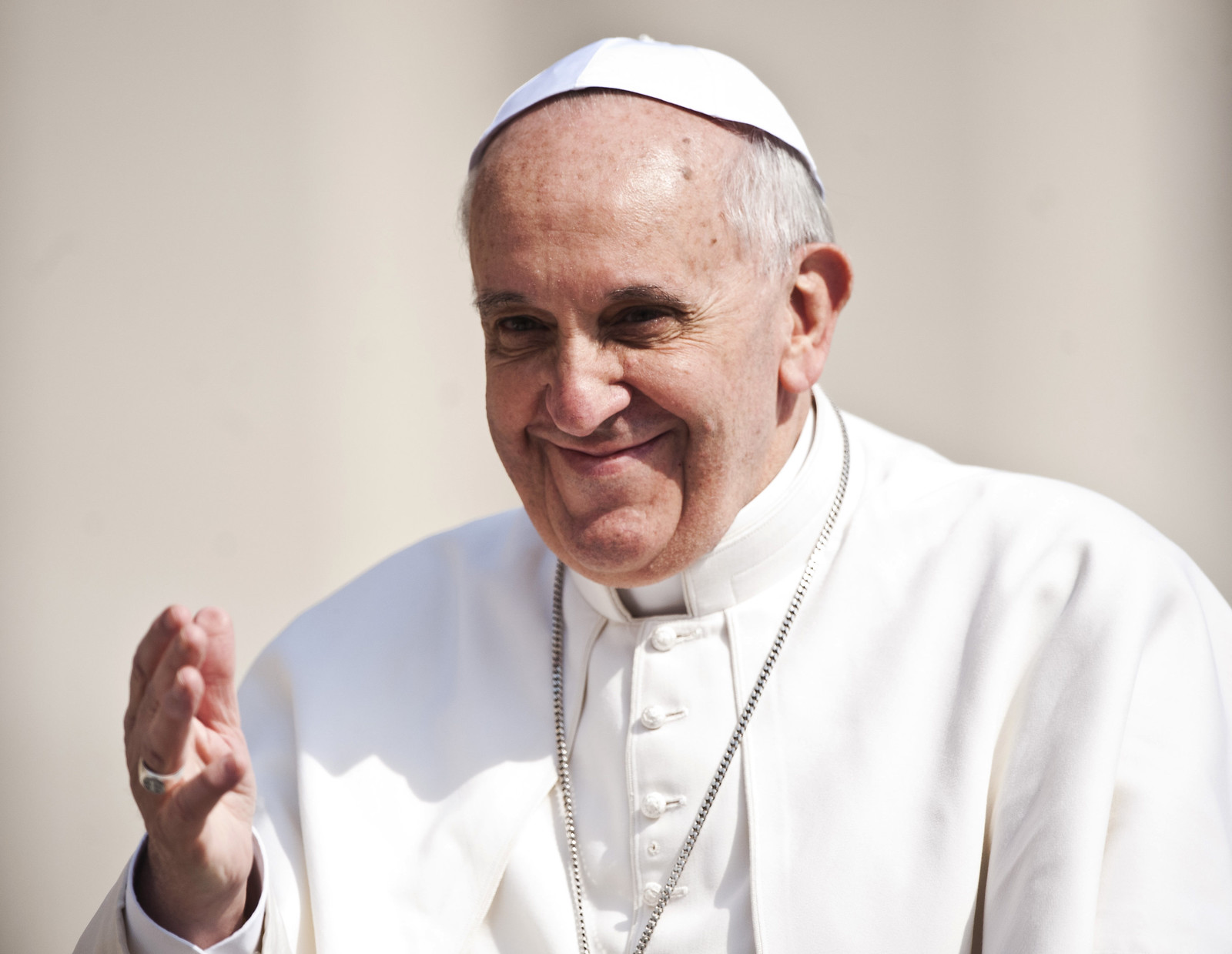
Table of Contents
Key Factors Influencing the Papal Election
The election of a new Pope, a process steeped in tradition and shrouded in secrecy, is far from a simple matter. The Papal Conclave, where the College of Cardinals gathers to elect the new Supreme Pontiff, is influenced by a complex interplay of factors. Understanding these factors is key to predicting the outcome of the Papal Election. The Papal Election process itself is a fascinating blend of tradition and political maneuvering.
-
The geographical distribution of cardinals and their theological perspectives: The global reach of the Catholic Church is reflected in the diverse backgrounds of the cardinals. Their theological leanings, varying from progressive to conservative, significantly shape the election dynamics. A balanced representation geographically and theologically is often sought.
-
The importance of pastoral experience and administrative skills: The next Pope will need exceptional leadership skills to manage the vast and complex organization of the Catholic Church. Extensive pastoral experience, coupled with strong administrative abilities, are highly valued qualities.
-
The current challenges facing the Catholic Church: The Church grapples with numerous challenges, including declining church attendance in many Western countries, internal divisions on doctrinal matters, and adapting to societal changes. The next Pope will need to address these issues effectively.
-
The influence of global politics and interfaith relations: The Pope's role extends beyond the spiritual realm; he is a significant global figure, influencing international relations and interfaith dialogue. Candidates' views on these matters will undoubtedly weigh heavily on the cardinals' decisions.
Leading Cardinal Contenders
Several cardinals are frequently mentioned as potential successors to Pope Francis. Analyzing their backgrounds, theological stances, and leadership styles provides valuable insight into the possibilities. While predicting the outcome of the Papal Election is impossible, examining the potential candidates helps us understand the range of possible future directions for the Church.
Cardinal [Name 1]: (Example - Replace with actual cardinal names)
-
Brief biography and career highlights: Cardinal [Name 1] has served as Archbishop of [Archdiocese] and is known for his [mention key achievements and roles].
-
Key theological positions and pastoral approaches: He is considered a [conservative/moderate/progressive] cardinal, known for his views on [mention specific theological stances, e.g., social justice, family issues, ecumenism].
-
Strengths and weaknesses as a potential Pope: His strengths include [mention strengths, e.g., strong communication skills, experience in international affairs]. Potential weaknesses might include [mention potential weaknesses, e.g., lack of experience in specific areas, perceived controversial stances].
-
Likelihood of election and potential impact on the Church: His chances of election are [assess likelihood, e.g., considered a strong contender, a dark horse candidate]. His papacy could potentially [describe potential impact, e.g., lead to greater emphasis on social justice, bring about significant reforms].
Cardinal [Name 2]: (Repeat for multiple Cardinals – Replace with actual cardinal names)
(Repeat the same structure as above for other leading cardinal candidates)
Challenges Facing the Next Pope
The next Pope will inherit a Church facing significant challenges, both internal and external. Successfully navigating these complexities will require strong leadership, vision, and diplomacy. The future of the Catholic Church depends on the next Pope's ability to address these critical issues.
-
Addressing the clergy sex abuse crisis and restoring trust: This remains a paramount challenge, requiring a continued commitment to accountability, transparency, and victim support.
-
Navigating the complexities of interfaith relations: Promoting peace and understanding between different faiths in an increasingly interconnected world is crucial.
-
Modernizing Church doctrine and practices: Adapting to changing societal values while maintaining core doctrines requires careful consideration and dialogue.
-
Managing the financial affairs of the Vatican: Ensuring transparency and responsible management of the Vatican's finances is essential for its credibility.
-
Responding to global challenges like climate change and poverty: The Catholic Church has a vital role to play in addressing these global issues, advocating for social justice and environmental stewardship.
Conclusion
This article explored the intricate process of the Papal Election, examined potential successors to Pope Francis, and highlighted the significant challenges awaiting the next Pope. The next Supreme Pontiff will need to be a strong and visionary leader, capable of unifying a diverse global Church and addressing complex issues with wisdom and compassion. Understanding the factors influencing the Papal Election and the profiles of leading candidates is essential for anyone interested in the future of the Catholic Church. Stay informed about the Papal Election as the process unfolds and learn more about the potential successors to Pope Francis. Keep an eye on our website for updates on the next Papal Election and further analysis of this crucial event.

Featured Posts
-
 Grand Slam Tennis Wbd Announces Extensive Coverage Details
May 11, 2025
Grand Slam Tennis Wbd Announces Extensive Coverage Details
May 11, 2025 -
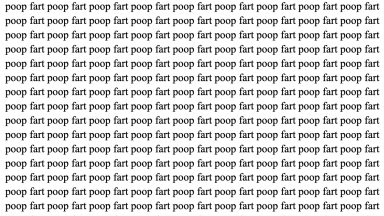 Ai Digest Transforming Repetitive Scatological Documents Into A Poop Podcast
May 11, 2025
Ai Digest Transforming Repetitive Scatological Documents Into A Poop Podcast
May 11, 2025 -
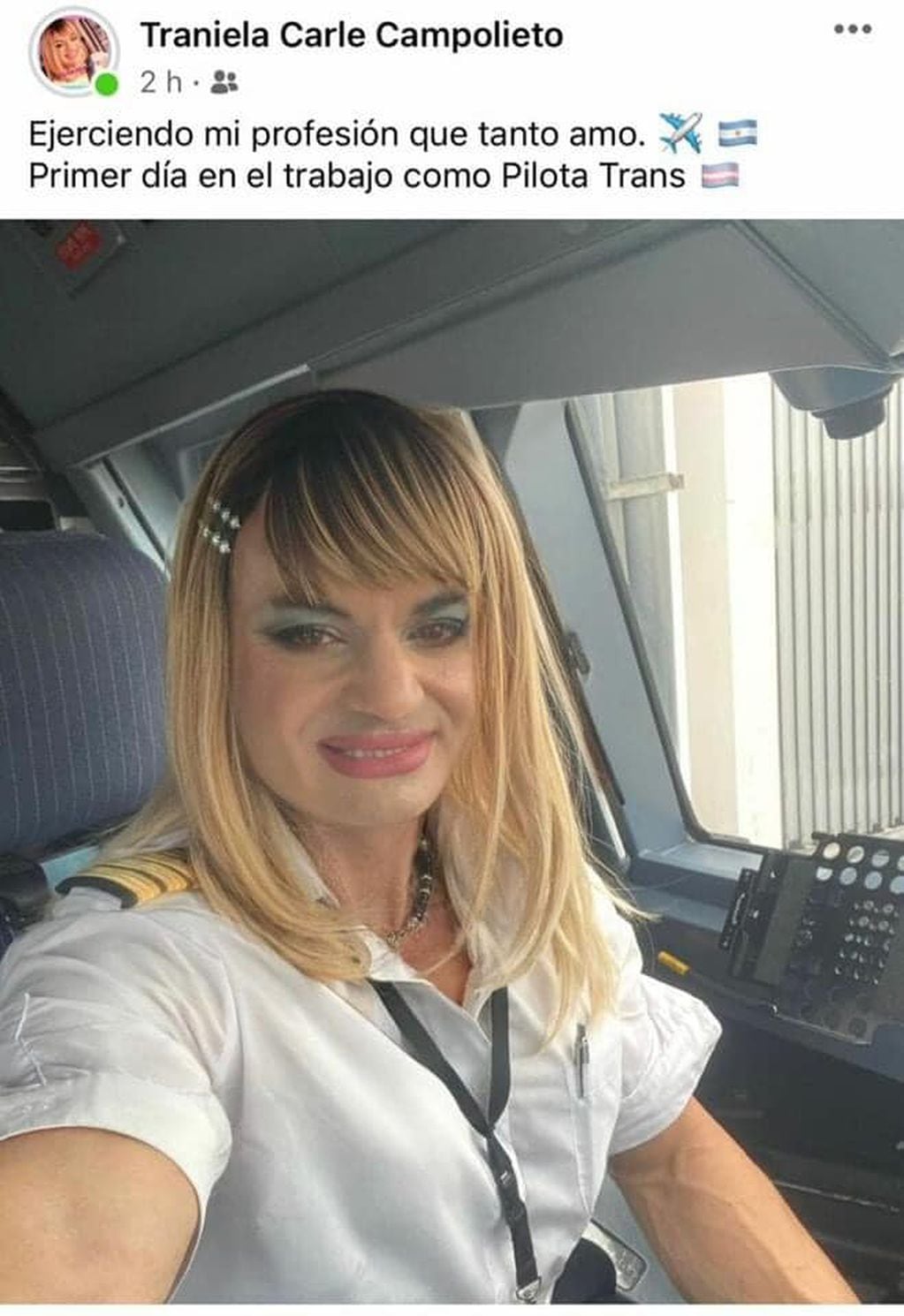 F1 Controversias Y Declaraciones Del Piloto Argentino Sobre Argentina Y Uruguay
May 11, 2025
F1 Controversias Y Declaraciones Del Piloto Argentino Sobre Argentina Y Uruguay
May 11, 2025 -
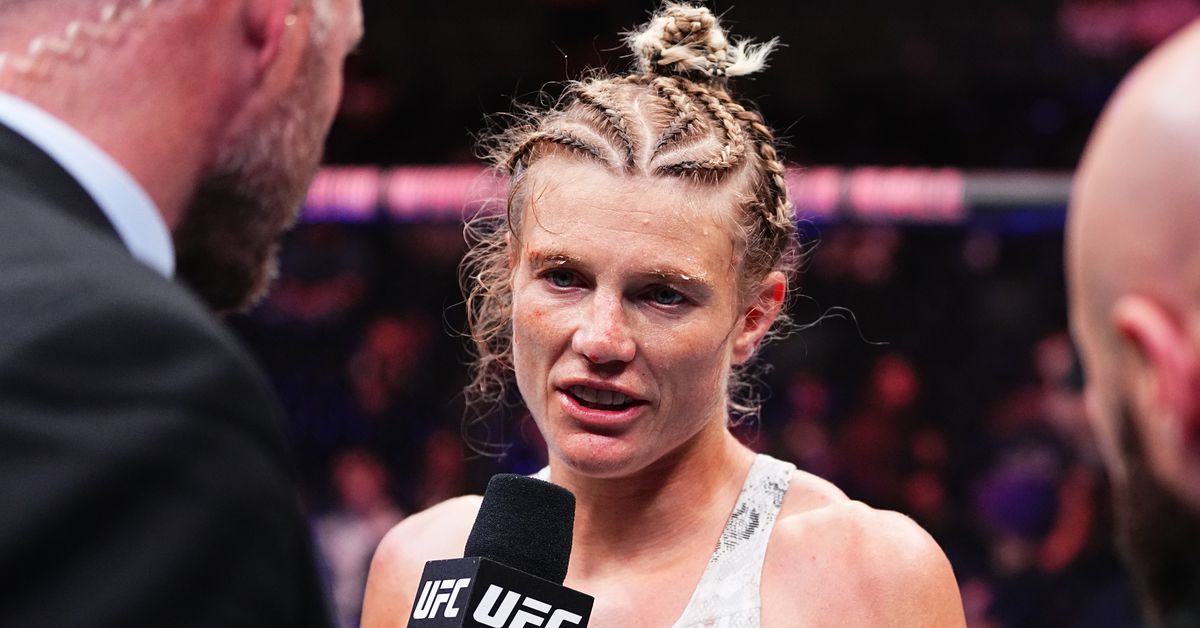 Manon Fiorot A Fighters Unwavering Pursuit Of Victory
May 11, 2025
Manon Fiorot A Fighters Unwavering Pursuit Of Victory
May 11, 2025 -
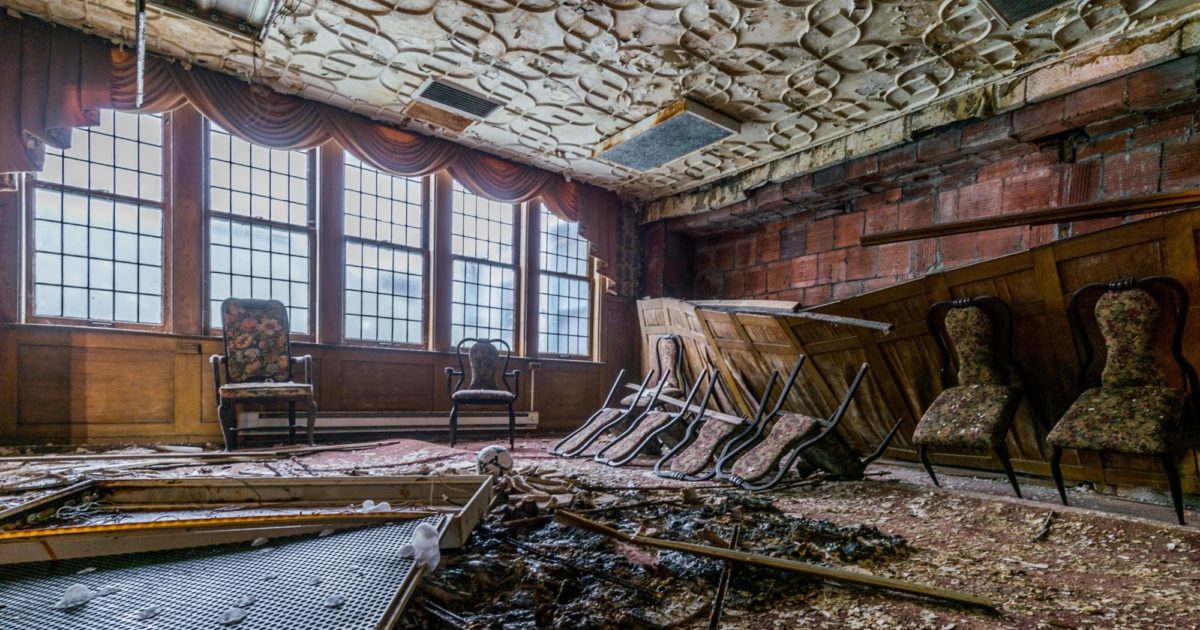 Ford Gt Restoration Lynxs Precision And Expertise
May 11, 2025
Ford Gt Restoration Lynxs Precision And Expertise
May 11, 2025
